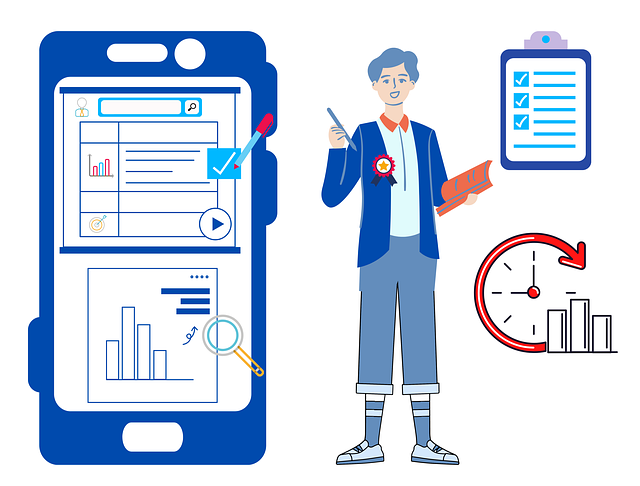AI recommendation engines revolutionize restaurants by optimizing operations through data-driven insights. These tools enhance customer experiences with personalized menus, efficient inventory management, and informed decision-making. For staffing, AI analyzes historical sales, employee availability, and demand to create balanced shifts, minimizing labor costs and boosting staff satisfaction. By predicting busy periods accurately, AI ensures adequate staffing during peak times, improving service quality. In the competitive hospitality industry, AI acts as a partner in streamlining operations and fostering productivity for restaurant teams.
In today’s competitive culinary landscape, efficient team management is paramount for restaurant success. Leveraging Artificial Intelligence (AI) for business recommendation engine development offers a game-changing solution. This article explores the strategic integration of AI in restaurant operations, focusing on innovative shift planning techniques that optimize staffing and enhance productivity. We’ll delve into how AI algorithms can analyze historical data to provide insightful recommendations, ensuring your restaurant team is always aligned with peak demand periods.
- Understanding AI Business Recommendation Engine Development
- Integrating AI for Restaurant Team Shift Planning
- Maximizing Efficiency: AI's Role in Optimizing Restaurant Operations
Understanding AI Business Recommendation Engine Development

In today’s digital era, AI business recommendation engines are transforming the way restaurants operate and engage with their customers. These advanced systems leverage machine learning algorithms to analyze vast amounts of data, from customer preferences and purchase history to menu items and seasonal trends, in order to provide personalized recommendations that enhance the dining experience. For restaurant teams, understanding this AI shift planning is crucial for staying competitive and relevant in a dynamic market.
By integrating recommendation engines, restaurants can streamline their operations, improve customer satisfaction, and drive sales. For instance, these tools can suggest tailored menus based on individual tastes, dietary restrictions, or even weather conditions. Moreover, they enable efficient inventory management by forecasting demand and optimizing stock levels, thereby reducing waste and operational costs. With AI-driven insights, restaurant managers can make data-informed decisions that not only meet but exceed customer expectations.
Integrating AI for Restaurant Team Shift Planning

In today’s digital era, integrating AI for restaurant team shift planning is revolutionizing operational efficiency. AI recommendation engines can analyze historical sales data, employee availability, and customer demand patterns to optimize staff allocation, minimizing labor costs while ensuring adequate coverage during peak hours. This advanced approach allows managers to create balanced shifts, enhancing employee satisfaction and retention.
By leveraging machine learning algorithms, these systems adapt to changing trends and preferences, such as seasonal variations in customer traffic. They can predict busy periods with remarkable accuracy, enabling restaurants to plan ahead and prevent understaffing or overstaffing scenarios. This proactive approach not only improves service quality but also fosters a more harmonious work environment for restaurant team members.
Maximizing Efficiency: AI's Role in Optimizing Restaurant Operations

In the fast-paced world of hospitality, restaurants are always on the lookout for ways to enhance their operations and stay ahead of the competition. This is where Artificial Intelligence (AI) steps in as a powerful tool to revolutionize restaurant management. One of its most significant roles is optimizing shift planning for restaurant teams. By leveraging AI algorithms, these systems can analyze vast amounts of data, including historical sales patterns, staff availability, and customer demand, to create efficient scheduling plans. This ensures that restaurants operate at maximum capacity during peak hours while minimizing waste during quieter periods.
AI-driven recommendation engines can also predict staffing needs based on seasonal trends and special events, ensuring that restaurant teams are adequately prepared. Moreover, these systems can dynamically adjust shifts in real-time, accounting for last-minute changes or unexpected absences, thereby maximizing efficiency and customer satisfaction. In essence, AI is not just a game-changer but an indispensable partner in streamlining restaurant operations and fostering a more productive work environment.
AI business recommendation engine development, particularly in AI shift planning for restaurant teams, is transforming operations with maximized efficiency. By integrating these tools, restaurants can optimize schedules, enhance team productivity, and improve overall customer satisfaction. As AI continues to evolve, its role in streamlining processes will only grow more significant, making it a game-changer for the hospitality industry.
